Justice is taking care of those who aren't able to take care of themselves
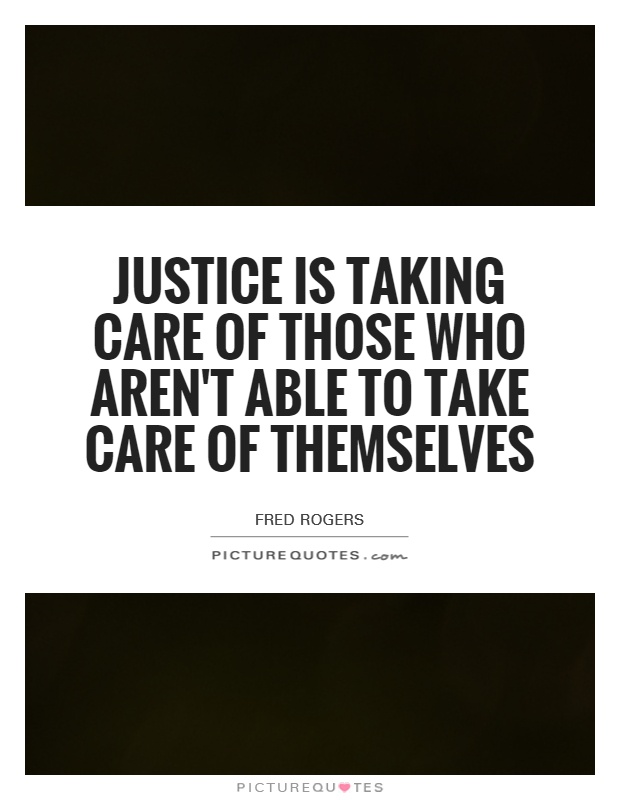
Justice is taking care of those who aren't able to take care of themselves
Justice is a fundamental principle that governs our society and ensures that everyone is treated fairly and equitably. One aspect of justice that is often overlooked is the idea of taking care of those who are not able to take care of themselves. This concept is particularly important when considering individuals who may have physical or mental disabilities that prevent them from fully caring for themselves.In the context of "able", justice means providing support and assistance to those who are unable to care for themselves due to their disabilities. This could include individuals with physical disabilities that limit their mobility or individuals with cognitive disabilities that impact their ability to make decisions or communicate effectively. In these cases, it is essential that society steps in to ensure that these individuals are not left to fend for themselves and are provided with the necessary resources and support to live fulfilling and independent lives.
One way in which justice can be achieved in this context is through the provision of accessible services and accommodations that cater to the specific needs of individuals with disabilities. This could include things like wheelchair ramps, sign language interpreters, or specialized care facilities that cater to individuals with specific disabilities. By ensuring that these individuals have access to the support they need, we can help to level the playing field and ensure that they are able to live their lives to the fullest extent possible.
Another important aspect of justice in this context is the idea of advocacy and empowerment. It is not enough to simply provide support and assistance to individuals with disabilities; we must also work to empower them to advocate for themselves and have a say in decisions that affect their lives. This could involve things like providing education and training on self-advocacy, ensuring that individuals with disabilities have a voice in policy-making processes, and promoting a culture of inclusivity and acceptance within society.
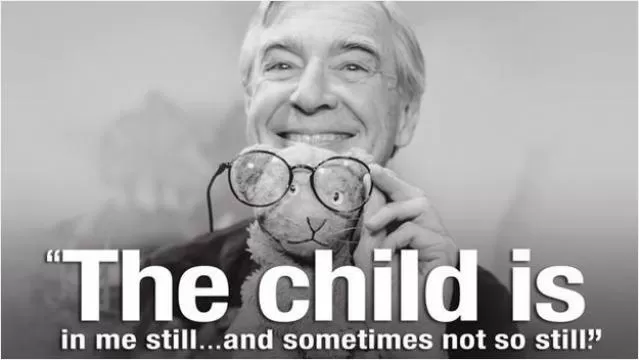
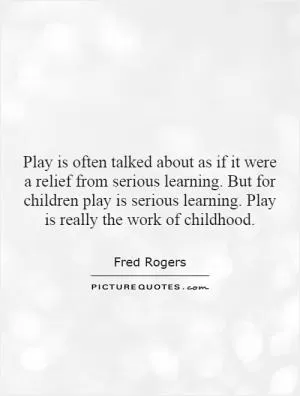


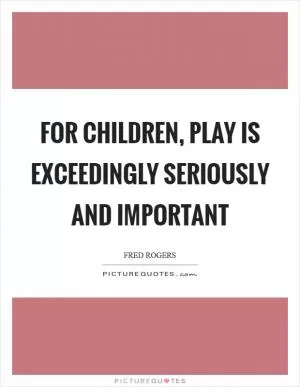
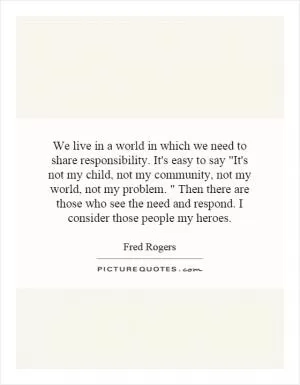
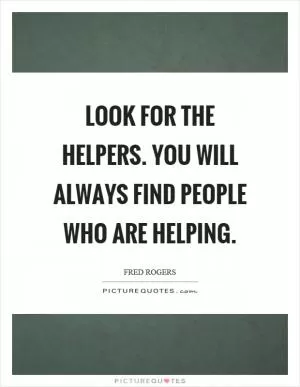

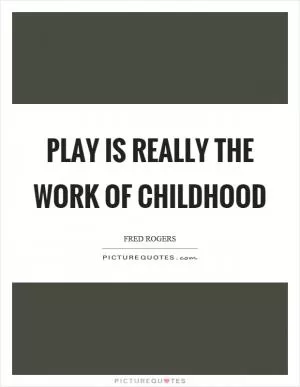

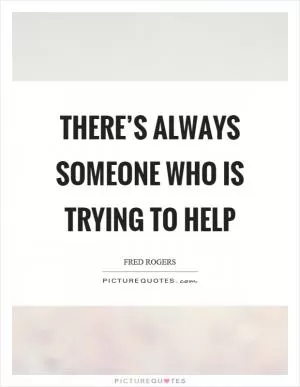
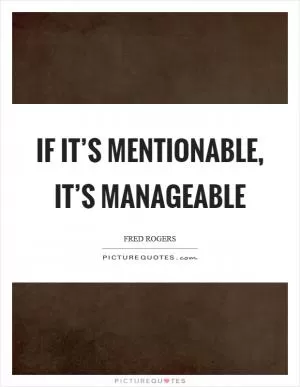
 Friendship Quotes
Friendship Quotes Love Quotes
Love Quotes Life Quotes
Life Quotes Funny Quotes
Funny Quotes Motivational Quotes
Motivational Quotes Inspirational Quotes
Inspirational Quotes